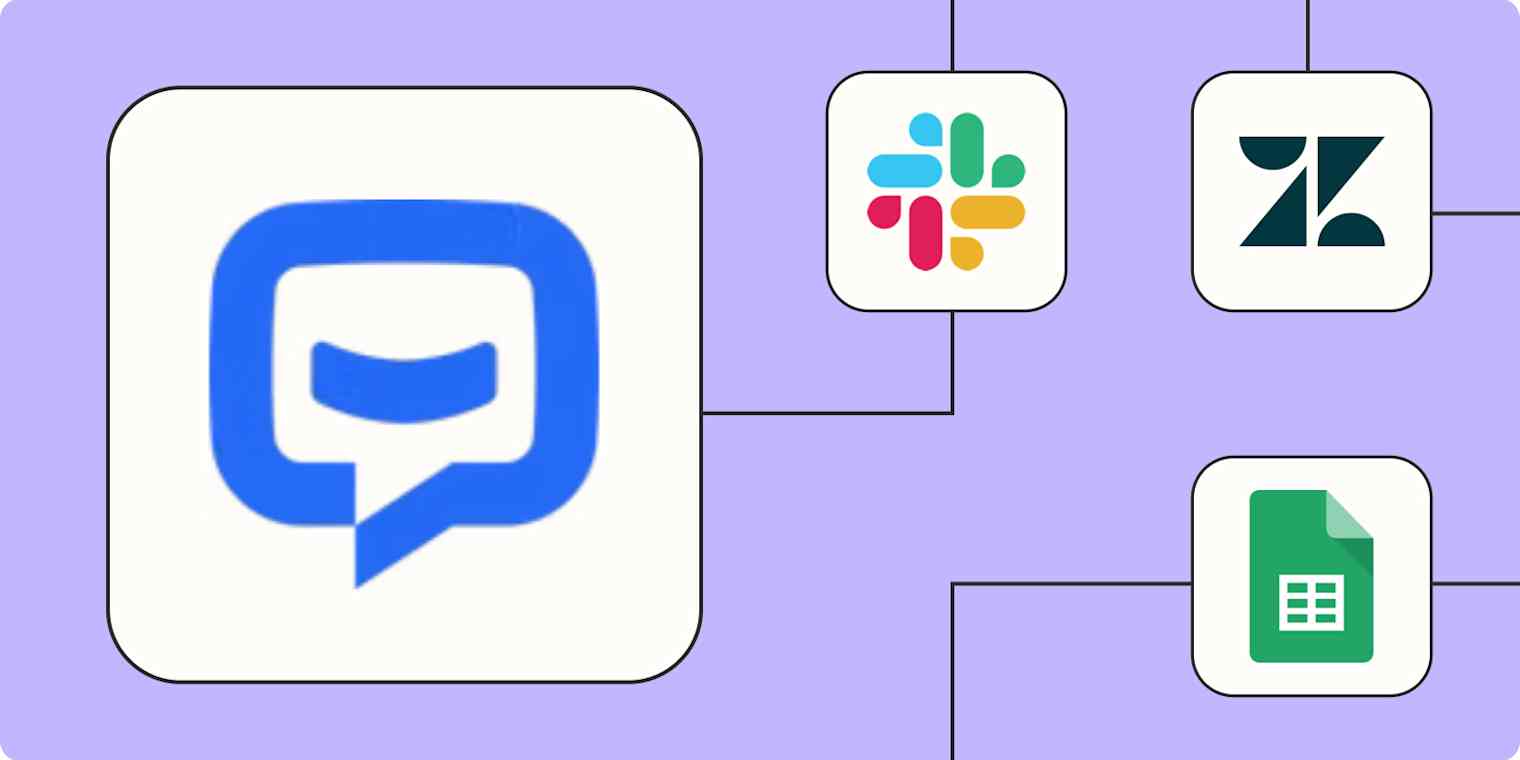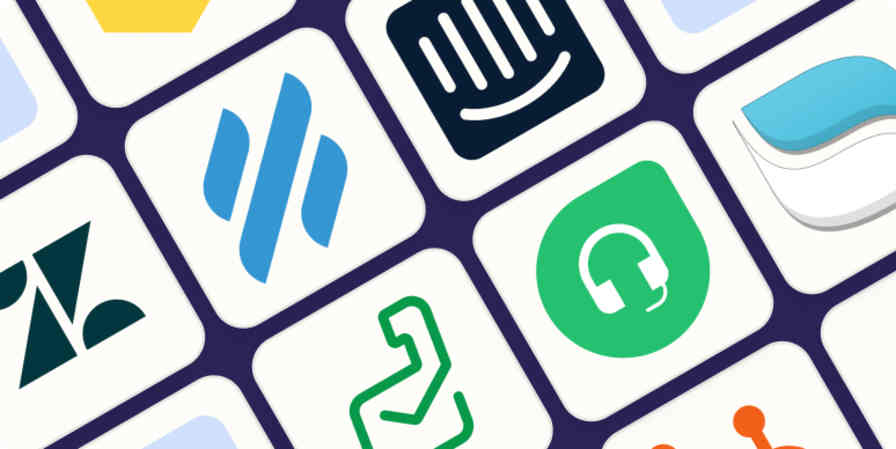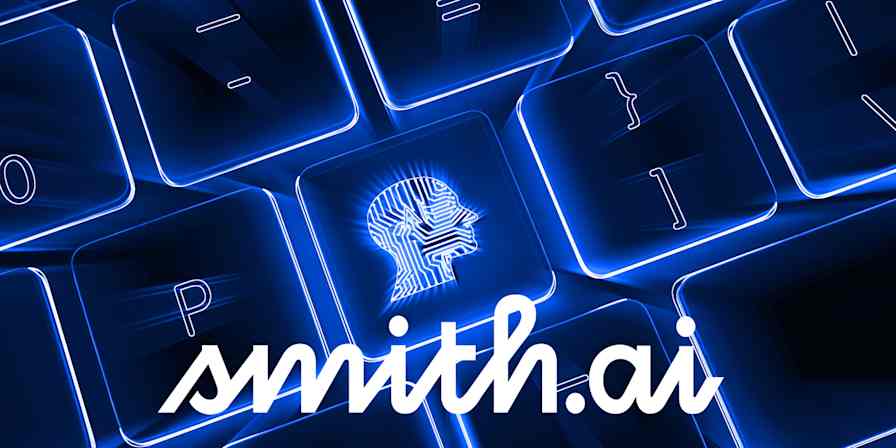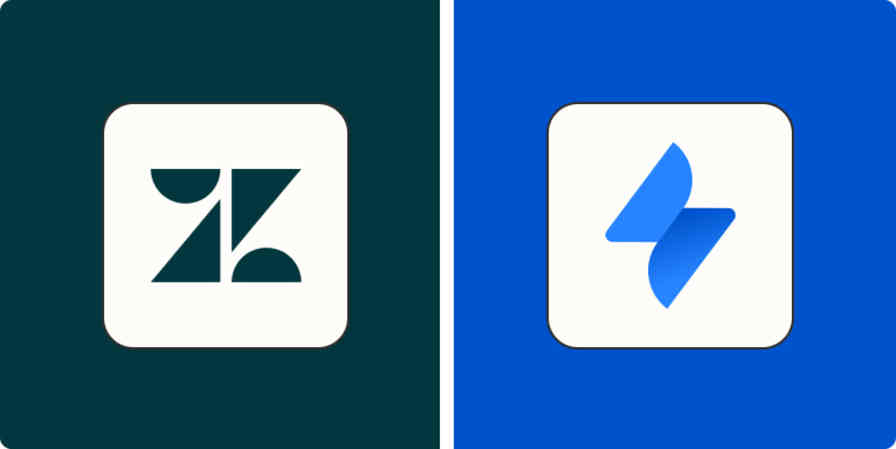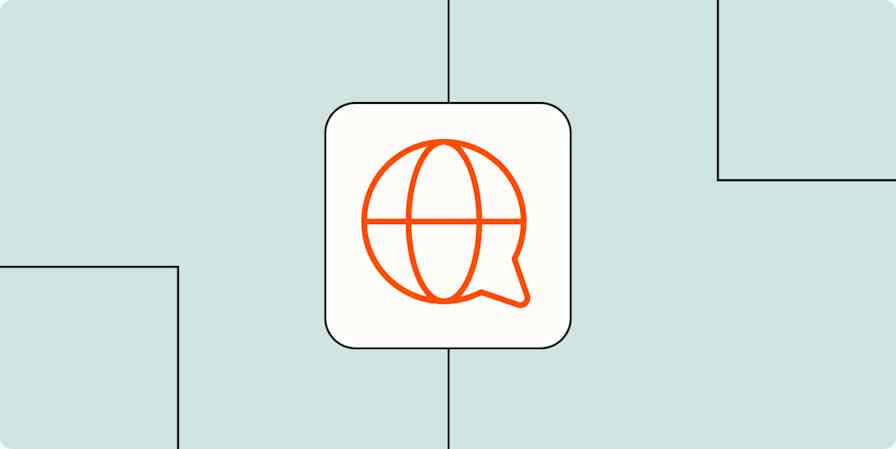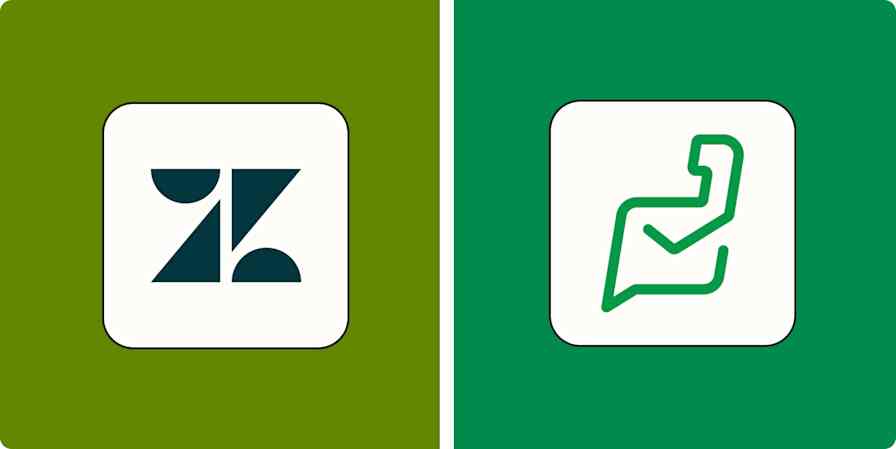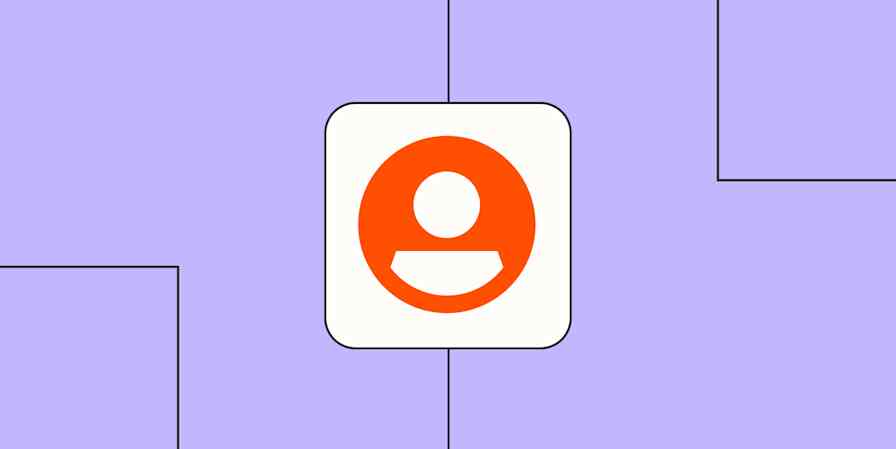Offering round-the-clock support isn't realistic for most teams, but AI-powered chatbots like ChatBot can make it possible.
It can route questions, surface relevant resources, and handle routine inquiries—freeing up your team to focus on the conversations that actually require a human.
But even with a smart chatbot in place, there's still valuable work to be done behind the scenes. You'll want a way to review key messages, extract important details (like follow-up tasks or lead info), and make sure every conversation moves in the right direction. By connecting ChatBot with Zapier, you can build end-to-end workflows that handle the next steps automatically, helping you scale your business (and your impact).
Zapier is the most connected AI orchestration platform—integrating with thousands of apps from partners like Google, Salesforce, and Microsoft. Use interfaces, data tables, and logic to build secure, automated, AI-powered systems for your business-critical workflows across your organization's technology stack. Learn more.
Table of contents
To get started with a Zap template—what we call our pre-made workflows—just click on the button. It only takes a few minutes to set up. You can read more about setting up Zaps here.
Send ChatBot messages to your customer support tool
To maintain the accuracy of your customer support tool, you need to keep track of all the customer inquiries that come in—no matter where the question comes from. Instead of manually adding customer support outreach from multiple sources, you can use automation to send it to the right place instantly.
Create a Zap that instantly sends ChatBot messages to your customer support tool. That way, if the question requires a manual response, your support team sees the inquiry in the right app and can respond quickly. Plus, you can gather insights into what questions your customers keep asking, so you can better train your ChatBot.
Automatically create a Zendesk ticket when you get a new ChatBot message
Instantly create a new Helpdesk ticket for a new ChatBot message
Create a new issue in Jira when you get a new ChatBot message
Get notifications about new messages
If you don't get notifications about new ChatBot messages, you can miss out on customer insights—or worse, miss out on messages that need a manual response. This causes a bad customer experience and leads to lost sales.
With Zapier, you can connect your team chat app or email to ChatBot and receive real-time alerts whenever a new message is received. Now, you'll get notifications in the app where you'll actually see it—ensuring you can respond promptly.
Send Slack messages when messages in ChatBot are sent
Send a message in Microsoft Teams for a new ChatBot message
Pro tip: Use a paths step to route chatbot messages down different paths depending on the type of message or keywords they contain. For example, you can route sales messages straight to a specific team in Slack or add other types of requests to a more generalized channel.
Add new ChatBot leads to the right sales tools
Enriched lead information means more personalized outreach—which leads to more conversions. However, as you bring in more leads, it's impossible to scale manual data entry. There's just too much information to enter by hand.
Seamlessly track lead data by creating a Zap that adds a lead or note in your CRM when you get a new ChatBot message. Say hello to a CRM filled with accurate, up-to-date lead information.
Create new Salesforce leads from new ChatBot messages
Create HubSpot CRM contacts from new ChatBot messages
You can also use Zapier to automatically add new ChatBot leads to your email marketing tool. Automatically adding new ChatBot leads to your email lists enables you to nurture leads through targeted email campaigns instantly—increasing engagement and conversions.
Add/update Mailchimp subscribers when ChatBot interactions are triggered
Create or update a contact in ActiveCampaign when you receive a new ChatBot message
Create Klaviyo subscribers for new ChatBot messages
Add or update Brevo contacts for new messages in ChatBot
Use AI to summarize and extract text from messages
Not every chatbot message needs your full attention, but some contain key details you don't want to miss. Fortunately, you can use Zapier and AI tools like ChatGPT or AI by Zapier to automatically summarize new ChatBot messages, then send those insights exactly where you need them.
Whether you're sharing updates in Slack, tracking insights in Coda, or storing summaries in Evernote, these workflows help you stay organized and informed—without your team digging through every conversation manually.
Summarize ChatBot messages with ChatGPT and send in Slack
Summarize ChatBot messages with AI by Zapier and add to Coda
Summarize ChatBot messages with ChatGPT and add to Evernote
Streamline task management
Do you use project management tools to organize your team's to-do list? If so, you can simplify task management by automatically sending new tasks that come through ChatBot to your task management tool.
This helps keep your team organized and ensures accountability. By streamlining your task management process, you gain back time to focus on actually getting the task done instead of organizing it.
Create a new card in Trello when you recieve a new ChatBot message
Create new items in monday.com when new messages come in on ChatBot
Keep track of ChatBot analytics
Data is the key to improving your chatbot's performance. Automating analytics tracking lets you gather valuable insights into user interactions, conversation flows, and customer satisfaction.
Create a Zap that connects your analytics or tracking tool with ChatBot—enabling you to measure success, identify areas for improvement, and refine your ChatBot strategy.
Create Google Sheets rows from new ChatBot messages
Create records in Zapier Tables when new messages arrive in ChatBot
Get more out of ChatBot
By leveraging the power of automation, you can harness the full potential of ChatBot—driving customer engagement and unlocking new growth opportunities. Automation isn't just a time-saver but a game-changer, allowing you to focus on what matters most, building meaningful connections with your customers.
Related reading:
This article was originally published in July 2023, written by Ellie Huizenga. It was most recently updated in July 2025 by Elena Alston.
